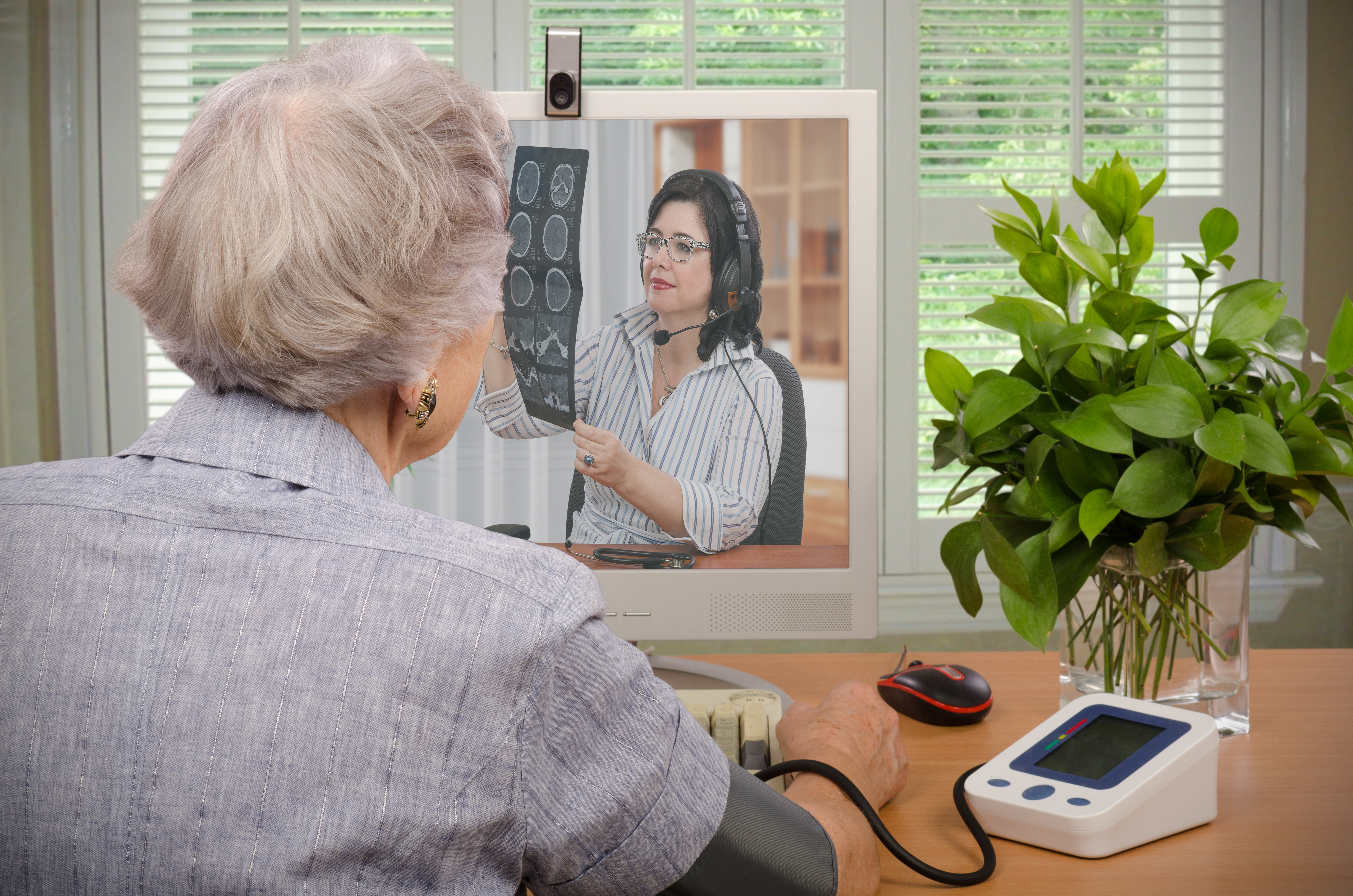AARP Hearing Center

RALEIGH – If the NC House of Representatives acts in the Short Session, state lawmakers will make substantial progress when it comes to improving both the access and affordability of health care in the state. Following many years exploring healthcare policy changes and a recent bipartisan Joint Legislative Study Committee on Access to Healthcare and Medicaid Expansion, the state Senate passed HB 149 with bipartisan and near unanimous (by one vote) support.
Now the bill heads to the House and we really need your help again! This bill (HB149) expands access and affordability including:
• Expanding Medicaid to around 600,000 hard-working North Carolinians including many between the ages of 50-64, who don’t have access to affordable healthcare.
• Modernizing outdated rules to allow nurse practitioners to do their jobs helping to combat the physician shortage.
• Establishing telehealth policies (NC is one of only a handful of states without such policies) so that more can get the care they need from home or in their communities.
Three of AARP NC’s priority issues were included in the bill:
- Modernize Advance Practice Registered Nurse (APRN) Laws
- Medicaid Expansion
- Telehealth

Improving care through an empowered workforce
Every day, skilled nurse practitioners (NPs) and other advanced practice registered nurses (APRNs) are providing some of the most important patient-centered work in North Carolina's health care system. APRNs are highly trained and fully ready to meet expanding health care needs, including underserved rural areas. AARP provided testimony on the modernizing ARPN laws/SAVE Act (SB249/HB277) at the Joint Legislative Study Committee on Access to Healthcare and Medicaid Expansion.
AARP NC supports bringing North Carolina in line with the majority of other states (26 plus the District of Columbia) and the Veterans Health Administration by authorizing Nurse Practitioners and other APRNs to provide care to the full extent of their education, experience, and licensure. Doing so will improve access to quality healthcare, particularly in rural areas, and help put downward pressure on the cost of healthcare. Learn more by watching this Facebook Live Event.
Leveraging Federal Incentive Funds to Increase Healthcare Coverage
After years of opposition, Senate Republicans support expanding Medicaid eligibility now that the federal act that funds expansion is firmly in place. The expansion will mean that approximately 600,000 North Carolinians could have access to more affordable health care coverage. Incentives from the federal government would mean that North Carolina will receive approximately $1.5 billion over two years if these changes are made. In addition, it is important to note that expanding the program won’t cost the state since the federal government pays 90 percent of the costs, and providers and other fees pick up the other 10 percent.
Our state still has approximately one million uninsured and we are one of only 12 states that have not expanded their Medicaid program with funding from the federal Affordable Care Act.
Care4Carolina, a coalition including AARP that supports the Medicaid eligibility changes, believes that access to quality, affordable health care helps build a healthier, stronger North Carolina. Covering the uninsured means better value for North Carolinians with private health insurance by lowering costs for everyone. Providing health insurance coverage will help people gain access to the care they need, which improves health outcomes.
The uninsured, in-large, turn to emergency care when they become seriously ill or injured. The North Carolina Hospital Association reported that for NC hospitals, the total number of emergency room visits in 2020 was 3,465,101. Of those visits, 789,801 (21 percent) were uninsured. With the average emergency room visit costing $4,476, uncompensated care costs all payors up to $3.5 billion a year to cover those costs.
Abby Emanuelson of Care 4 Carolinas said, “Not only will expanding the program help the uninsured, but it will help keep rates for those with insurance lower, create jobs, fight poverty and help rural hospitals in particular.”
AARP North Carolina President Catherine Sevier explains, “Currently, 600,000 people in the state who have no health care insurance would qualify for Medicaid coverage. AARP is especially concerned about those ages 50-64, where finding affordable health care insurance can be difficult to impossible.”

Establishing Comprehensive Policies to Ensure Access to Telehealth
Many of us found the benefits of visiting our health care provider via telehealth during COVID-19. We want the flexibilities allowed during the pandemic to continue, but our state is one of only 9 states without comprehensive telehealth policies. AARP believes that Telehealth is an important tool to improve access to health care, address quality, and potentially lower the cost of care for patients and their families.
The use of telehealth to provide more timely access to care can help both patients and their family caregivers by decreasing the burden and cost of transportation, lessen travel to and from a provider’s office and help patients remain in their homes longer. Telehealth may prevent unnecessary visits to the emergency department and may help to avoid hospital admissions and readmissions. The use of a variety of telehealth tools including virtual visits; remote monitoring or sensors that can alert the patient, care team or family caregiver of condition changes; and tele-education can help improve caregiving knowledge and support.
AARP supports legislation to develop comprehensive statewide telehealth policies and clear implementation guidelines that will improve access to quality health care for all North Carolinians. Watch this Facebook Live event to learn more about the benefits and policy changes needed to better support telehealth.
Urge Legislature to Support Healthcare Advancements
Sevier said, “We are excited by the advancements that will results from the healthcare bill. Providers, patients, advocates and bipartisan lawmakers have come together to put forward proven solutions, including telehealth, that will help North Carolina meet the growing demand for quality care no matter where you live or how much you earn.”
She adds, “H149 moves the needle forward when it comes to access to care. Quality and affordable care are important aspects of well-being at any age. Regular access to providers can save future costs including expensive emergency room care.”
Opponents in the House are calling for more time to study the changes. However, AARP North Carolina Manager of Advocacy Lisa Riegel adds, "These measures have already been studied for years and are working perfectly well in other states."
AARP will send out updates to the spending proposal and other state legislation impacting the lives of those ages 50 plus and their families. Stay up to date and take action by signing up for AARP Action Alerts.































































